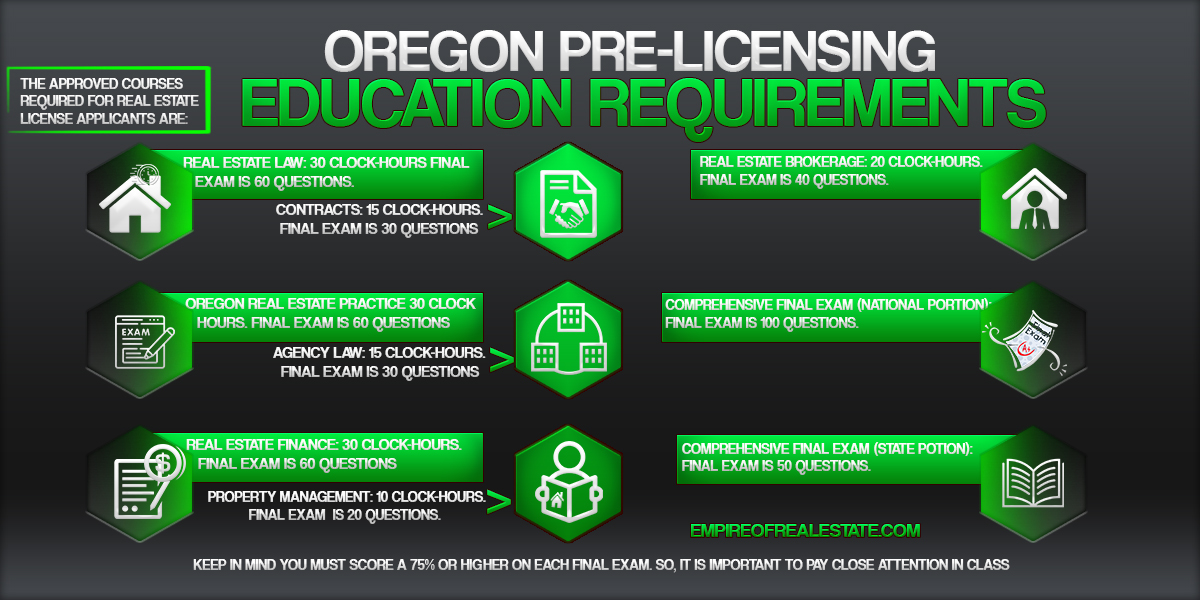This indicates they're taxed at an investor's limited tax rate, which might be as high as 37% in 2020. The appropriate mix for you will depend upon your objectives and risk tolerance, but many advisors recommend putting between 3% and 10% into REITs. Although REITs don't always associate to what's going on in the stock exchange, they can be just as volatile as stocks, and they're susceptible to economic conditions. "For example, workplace buildings might be threatened as more business choose to broaden their remote labor force," Yoder says. "Look at REI, which spent two years to construct its brand brand-new home offices in Seattle.
This short article belongs to Virginia529's "Three Things to Know" Investment Portfolio series, highlighting the more than 20 portfolio options readily available to Invest529 consumers. The information provided listed below is an overview of the strategy's financial investment alternatives and should not be considered recommendations. Before choosing a portfolio think about factors such as the age of your child and your tolerance for danger. Conserving for college by buying real estate can be financially rewarding, but it can also be effort. For those who would rather take the non-landlord path to realty investment, realty financial investment trusts (REITs) may use a "low upkeep" option.

Invest529 presently provides the Property Investment Trust (REIT) Index Portfolio, a passively managed static portfolio that invests generally in equity REITs. A REIT is a company that owns and typically runs income-producing genuine estate and real estate-related possessions. REITs are similar to stocks and trade on significant market exchanges, or even personal exchanges. There are numerous various kinds of REITs for specific investors to select from, with equity REITs tending to be the most typical type. Equity REITs are mostly responsible for getting, managing, establishing and offering real estate. These may consist of workplace buildings, going shopping malls, homes, hotels and resorts. For the five-year duration ending in 2019, the S&P 500 index, an index of stocks for United States large cap companies, returned an annualized 12. 5% compared to an annualized return of 9. 0% for the FTSE NAREIT All Equity REITs index. However, for the years 1972-2019 the total annualized returns were 12. 1% for the S&P 500 versus 13. 3% for the FTSE NAREIT index. There are more than 190 public REITs noted on exchanges in the United States. Under U.S. Federal income tax law, an REIT is "any corporation, trust or association that acts as a financial investment agent concentrating on genuine how can i get rid of my timeshare estate and real estate home mortgages" under Internal Earnings Code area 856.
Because a REIT is entitled to deduct dividends paid to its owners (typically referred to as shareholders), a REIT may avoid incurring all or part of its liabilities for U.S. federal earnings tax. To certify as a REIT, an organization makes an "election" to do so by filing a Type 1120-REIT with the Internal Profits Service, rci timeshare review and by fulfilling specific other requirements. The function of this classification is to decrease or remove corporate tax, thus avoiding double taxation of owner earnings. In return, REITs are required to disperse at least 90% of their taxable income into the hands of investors.
REITs own lots of types of business property, varying from office and home buildings to storage facilities, medical facilities, shopping mall, hotels and even timberlands. Some REITs also engage in funding property. The REIT structure was designed to provide a property financial investment structure similar to the structure mutual funds supply for investment in stocks. In the United States, a REIT is a business that owns, and for the most part runs, income-producing genuine estate. Some REITs financing real estate. To be a REIT, a business should disperse at least 90 percent of its taxable earnings to investors yearly in the kind of dividends.

tax guidelines, a business must: Be structured as a corporation, trust, or association Be managed by a board of directors or trustees Have transferable shares or transferable certificates of interest Otherwise be taxable as a domestic corporation Not be a monetary organization or an insurance company Be collectively owned by 100 persons or more Have 95 percent of its earnings originated from dividends, interest, and home income Pay dividends of a minimum of 90% of the REIT's gross income Run out than 50% of the shares held by 5 or fewer individuals during the last half of each taxable year (5/50 rule) Have You can find out more at least 75% of its overall assets invested in realty Derive at least 75% of its gross income from rents or mortgage interest Have no more than 25% of its properties bought taxable REIT subsidiaries. How to generate real estate leads.
Rumored Buzz on What Does A Real Estate Lawyer Do
In your area they are referred to as "FII" s or "Fundos de Investimento Imobilirio". FII's dividends have been devoid of taxes for individual investors (not companies) considering that 2006, however just for the funds which have at least 50 investors and that are openly sold the stock exchange. FIIs, described as "REIT" to refer the similar financial investment automobile in the US, have actually been used either to own and run independent home investments, connected with a single home or part residential or commercial property, or to own a number of real estates (several residential or commercial properties) moneyed through the capital markets. [] E.g. Corporation Tax Act 2010 s 519 in the UK.